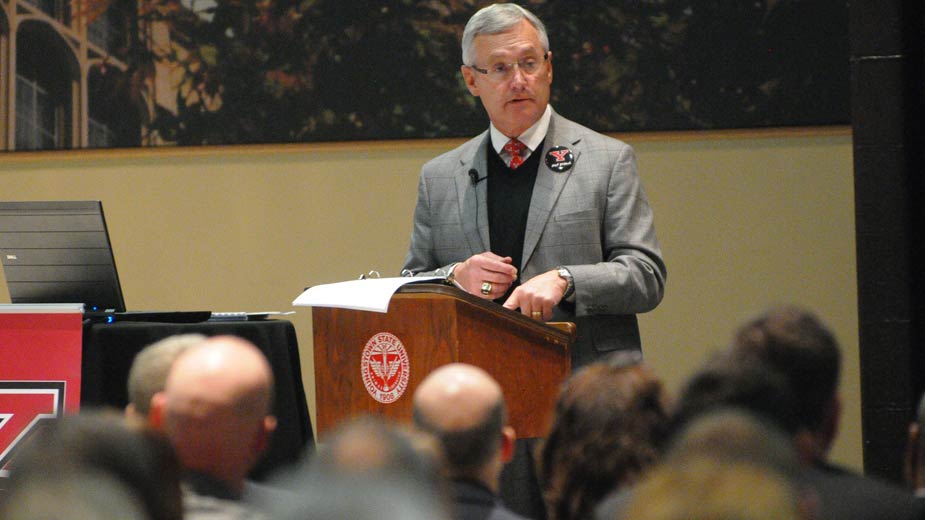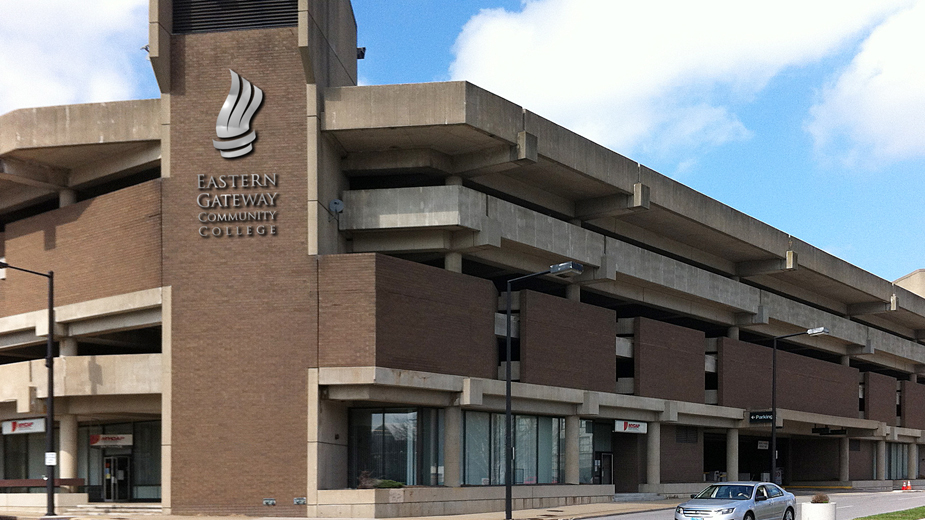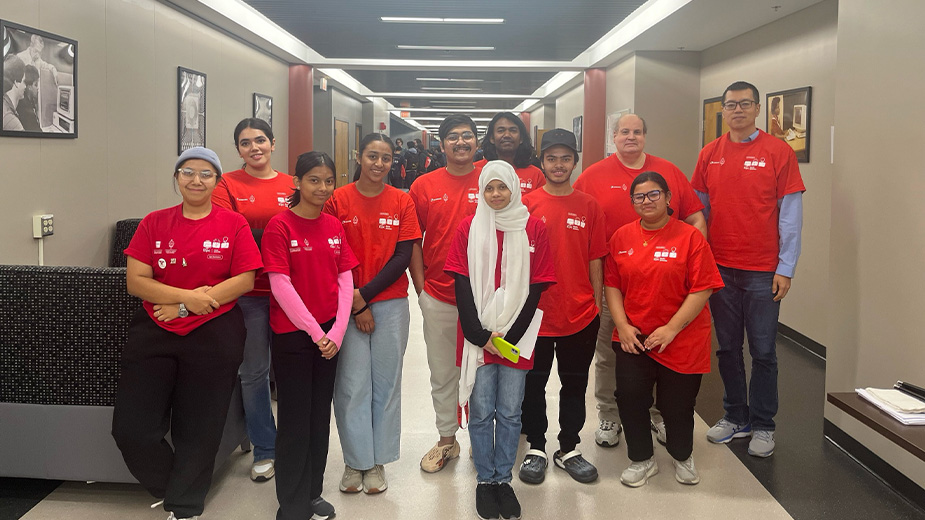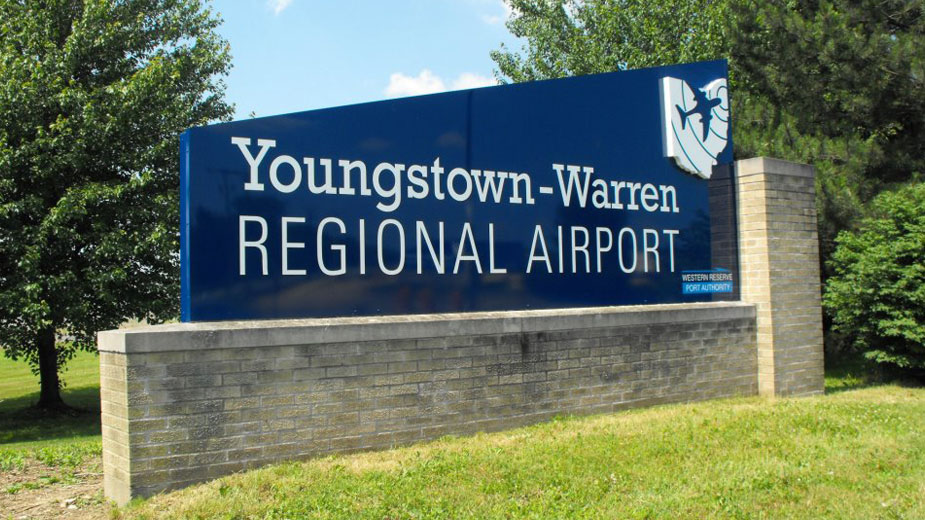Tressel Addresses Communications at YSU Town Hall
YOUNGSTOWN, Ohio – President Jim Tressel says the town hall meetings he’s held with the colleges within Youngstown State University are helping his administration better understand faculty and students’ needs and concerns.
“You learn so much,” Tressel said after addressing students and faculty at the College of Science, Technology, Engineering and Mathematics, or STEM, Tuesday morning. “That’s why we need to get together like this. When you don’t have the discussions, you don’t find out what’s important to people.”
Still, there remains a communications gap between the faculty and administration and Tressel said it’s one of his priorities to narrow that gap.
Tressel addressed an audience of 60 in Schwebel Auditorium in Moser Hall before taking questions from the audience, many of whom had concerns about how the university makes decisions without seeking the opinions of faculty and other stakeholders.
Professor Kriss Schueller, acting chairman of the computer science and information systems department, is concerned that his department is hurt by the lack of space to conduct lab courses at Meshel Hall.
“I don’t think our department will survive it,” he said, noting that shrinking space affects both how many and when courses are offered. The department occupies the first and third floors of Meshel Hall, but is consolidating to the third floor, which he said reduces the size of the classrooms and labs. When the hall was built in 1986, the department occupied the entire building.
Tressel cited the importance of the computer science department. And while he couldn’t address specifics, he told Schueller that the issues he raised would be part of discussions going forward. The president said he also understands faculty concerns about not being consulted more fully early in the decision-making process.
“We’ve got to do a better job of engaging everyone,” Tressel said. “Listening, getting ideas and suggestions from everywhere.”
Others stressed the lack of communication with faculty about issues such as the academic schedule. Geology professor Ray Beiersdorfer said that he became aware in 2015 that the university had reduced its winter break to three weeks from four this academic year, which ruined his plans to lead a study group to China during the break. “I had to postpone it until [the] next year because there just wasn’t enough time,” he said.
Recently, he discovered that the winter break had been kept at three weeks for the 2017-2018 academic year. “This impacted academic programs,” he said. “They ignored any stakeholder input and they didn’t realize academic programs would be impacted by it.”
Yesterday’s session is the third town hall Tressel has held. On Jan. 31, the president spoke to students and faculty in the graduate studies program and on Feb. 8, addressed another audience at the College of Liberal Arts and Social Studies, or Class.
Chet Cooper, professor of molecular biology and microbiology and chairman of the Academic Senate, noted that each town hall allows faculty and students to voice concerns, which he said is important to the university.
“You’re being heard,” Cooper said. “What we need to do is find solutions and that’s what we’re trying to do.”
Change won’t happen overnight, Cooper acknowledged, and he urged stakeholders to be patient as the process runs its course. The forums were set up as a result of the campus climate survey, which identified the significant issues as communication, respect and shared governance.
“Those are basically the three goal posts we’re trying to shoot for,” he said.
Tressel highlighted YSU’s major investment priorities based on reaction the university has received through sources such as the climate survey conducted last year and general interaction with the university community.
The four most mentioned major issues, Tressel said, are workforce compensation, personnel replacement, information technology infrastructure and improvements to YSU facilities.
Assigning priorities to these issues is necessary, he said, especially in an environment where dollars for higher education are harder to come by.
Enrollment at YSU, Tressel said, has stabilized. However, the state today awards funding based on graduation rates, which the university needs to improve.
Over the last 10 years, YSU has graduated 20,000 students out of 60,000 who attended. “Twenty-thousand graduated and 40,000 didn’t,” he said, a figure called unacceptable.
“The world changed,” the president continued. “We are under scrutiny in higher education. This is not the good old days. If we keep yearning for the good old days, we’re going to spend a lot of time yearning for the wrong things.”
Copyright 2024 The Business Journal, Youngstown, Ohio.



